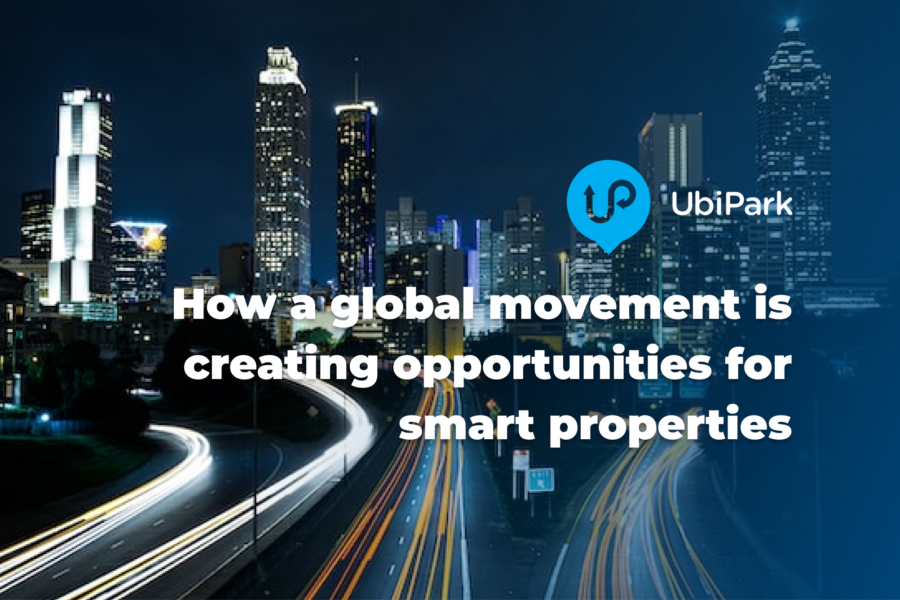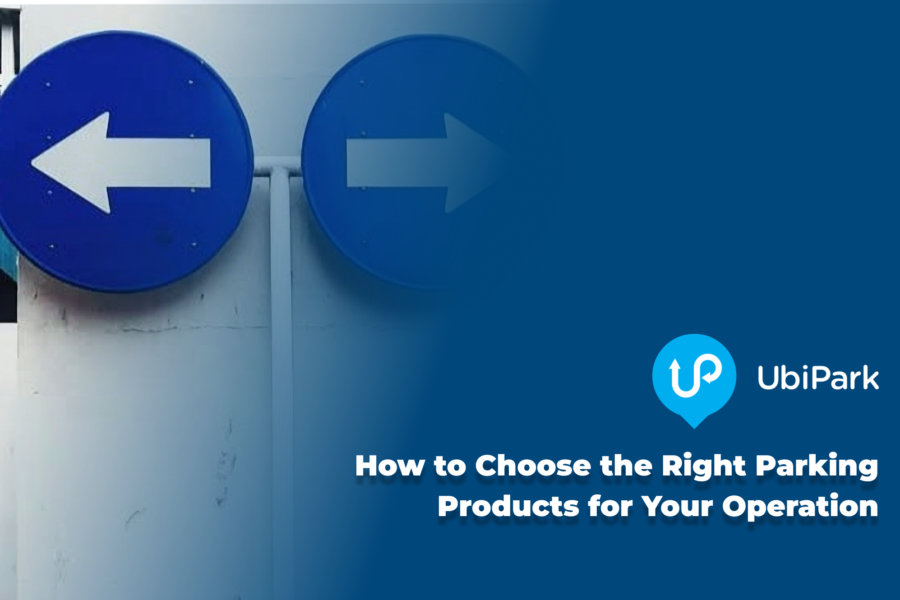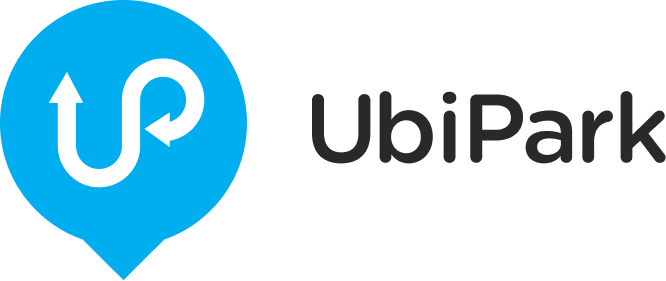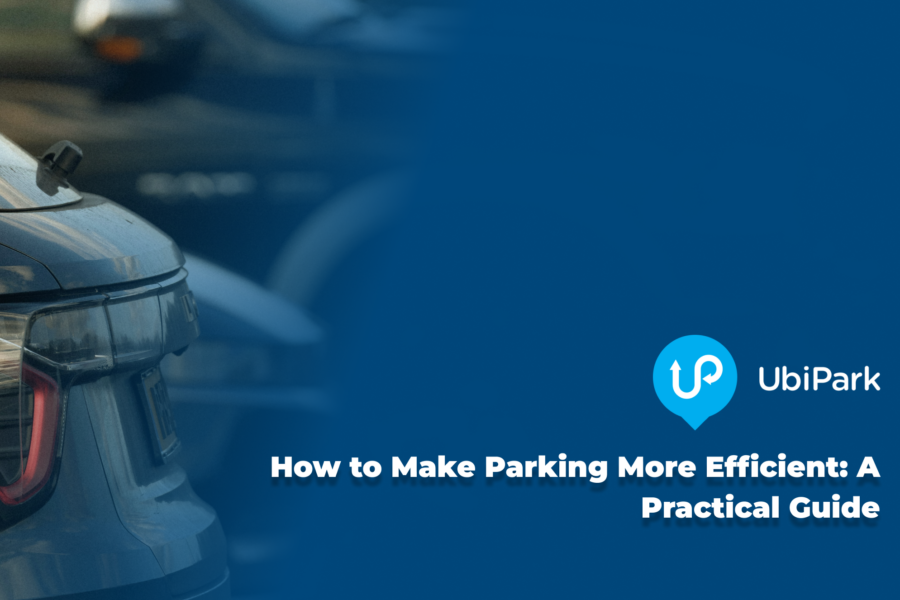Hybrid working: How a global movement is creating opportunities for smart properties

September 30, 2022
Hybrid working is a global movement
Off the back of the COVID-19 pandemic, employees are now choosing to work from home more often, and businesses are accommodating this request. In the hyper-competitive labour market, there is a movement towards hybrid working arrangements. Flexibility is an attractive incentive to attract the best talent to a business. While, in many cases, this doesn’t impact the quality or quantity of work completed daily, it has changed the way businesses manage their teams. In fact, studies show that working from home has increased productivity by 13% (Apollo Technical, 2022). Therefore we can see the benefit of supporting staff with days at home and in the office.
Hybrid working is now being adopted by 44% of businesses in Australia (Smart Company, 2022) & 63% of businesses in the United States (Build Remote, 2022). The result is office resources are not used as frequently as before. This includes parking spaces. If these parking spaces aren’t put to full use, they represent a wasted asset. With other areas of a building being re-imagined for flexible work, like hot-desking and co-working spaces, the focus has now shifted to parking and what can be done to meet the changing needs of employees.
The solution is agile
The solution that has been adopted to cater for the hybrid working model is referred to as agile parking. Agile parking allows multiple staff to share the same car space each day. Think of it like hot desking but for parking.
The power of the solution is the ability to rotate many more staff or tenants through the car park than there are spaces. This replaces the dead system in offices where one parking space is allocated to one employee.
Has anyone seen the CEO park in their space this week?
Flexible parking systems, like agile parking, effectively manage the changing workplace demands, including employee work-from-home operating and flexible office days. The key benefits of agile parking are:
- Better utilization of car spaces
- Accommodates hybrid working
- Improves staff productivity (arrive on time, no stress finding a park)
- Allows staff to share their unused car space
Another benefit includes revolutionizing the staff and tenant experience upon their return to work. With hybrid working at the forefront of most office environments, agile parking can ensure that all staff are accommodated, no matter when they choose to use the office. Boosting this staff experience can encourage staff to choose to come to work, even when they have the option to work from home. This can improve collaboration, efficiency and the quality of business output.
A study completed by the KTH Royal Institute of Technology in Stockholm (2021) demonstrates that in the long-term, employers may also notice a trend where some employees prefer to work in the office on certain days at home on others. This furthers the above point by showcasing that agile parking can confirm that all parking spaces are fully utilized. Where a business owner may notice trends or declines in staff utilization, they can offer the service to the public to boost revenue.
Agile parking as part of the UbiPark product suite
Recognizing the global trend for team flexibility & better utilization of car park spaces, UbiPark has focused heavily on our agile parking solution. During a recent trip to the IPMI Parking & Mobility Conference in New Orleans, USA, it was abundantly clear that the focus on agile parking is a key strategic tool. Primarily, this is supporting large property owners and businesses looking to navigate their way out of COVID-19 and adopt greater flexibility.
“Systems, like our agile parking solution, which allows employees to share parking spaces, can encourage them back into the office by reducing the commute costs and guaranteeing them a parking spot in the office building.” – Mosstyn Howell, UbiPark CEO.
Tangible benefits that are not monetary
Agile parking extends beyond the financial scope. Some other benefits of using this system in a workplace environment include:
- Giving employees autonomy. SHRM (2021) showcases that the hybrid work environment gives employees more flexibility. With the ability to make choices on when they work from home and when they come to the office, employees feel more motivated, catered toward and cared for. This can boost their performance and desire to meet KPIs.
- Improves staff culture. Corporate parking available on the premise is usually an indication of staff status. Agile parking helps give more staff access to these facilities, which can, in turn, help them feel more valued at the workplace.
- It provides benefits to staff. These benefits are limitless, but the most noticeable to staff is a reduction in their outgoing expenses to commute to work. This can include up to $25/day to park in commercial car parks (early bird rates). These costs can rise significantly if a staff member uses ride-share services due to a lack of parking availability.
- Creates a more flexible work environment. Some employees prefer to work earlier in the morning, and others prefer to stay back later. Agile parking models allow employees to use parking spaces as needed. Therefore, multiple employees could occupy the same space on the same day if they use the office premises at different intervals.
Our team at UbiPark will help you implement agile parking and meet the modern demands of your workforce.
We are passionate about helping you create an innovative space that can boost your employees’ attitude toward working at the office. If you are ready to take advantage of agile parking to improve the utilisation of your current parking spaces, we are here to help.
Contact the team at any time to get started.
References
(2021). Retrieved 5 September 2022, from http://www.diva-portal.org/smash/get/diva2:1573134/FULLTEXT02.pdf
Goth, G. (2022). Rethinking Commuter Benefits for a Hybrid-Work World. Retrieved 5 September 2022, from https://www.shrm.org/resourcesandtools/hr-topics/benefits/pages/re-thinking-commuter-benefits-for-a-hybrid-work-world.aspx
Hopkins, J. (2022). Three emerging trends in a post-pandemic hybrid work era. Retrieved 5 September 2022, from https://www.smartcompany.com.au/people-human-resources/remote-work/three-emerging-trends-post-pandemic-hybrid-work/
Hybrid Work Statistics (2022) | Buildremote. (2022). Retrieved 5 September 2022, from https://buildremote.co/hybrid-work/statistics/
Surprising Working From Home Productivity Statistics (2022). (2022). Retrieved 5 September 2022, from https://www.apollotechnical.com/working-from-home-productivity-statistics/#:~:text=Performance%20can%20increase%20up%20to,home%20increase%20productivity%20by%2013%25.




